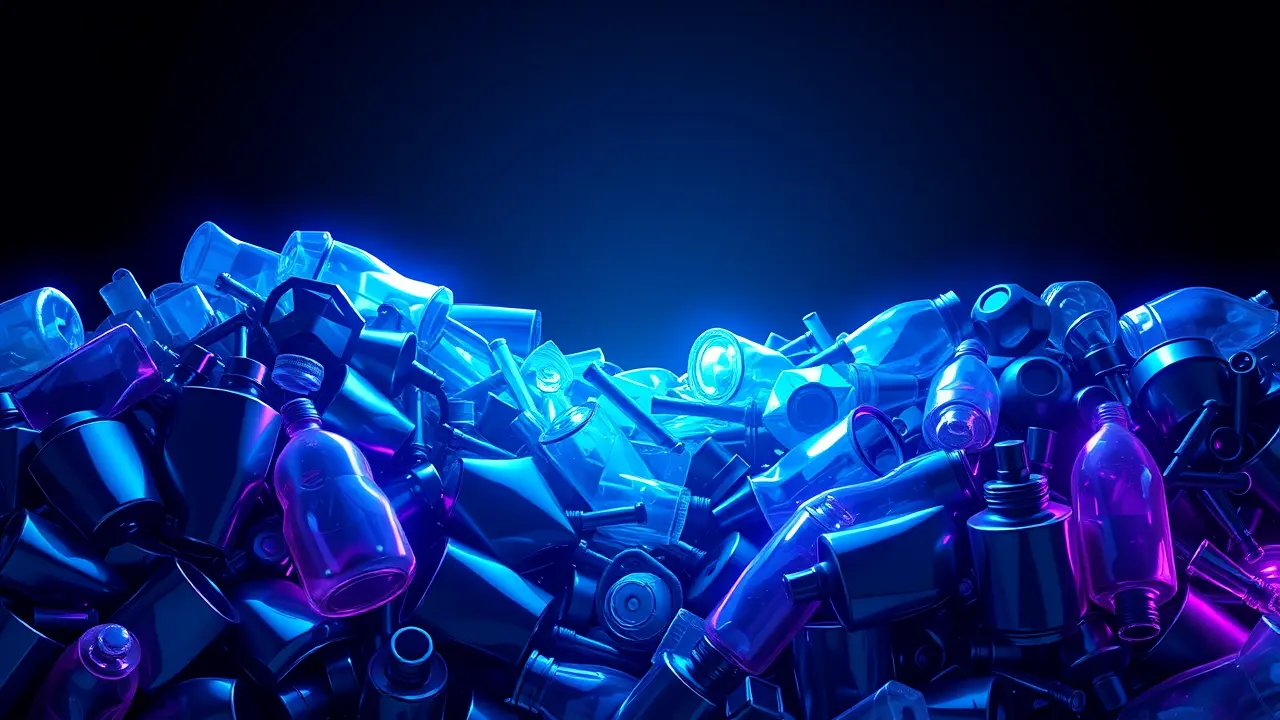
SciencechemistryGreen Chemistry
MacroCycle's New Recycling Method Cuts Plastic Production Costs.
RA
Rachel Adams
2 weeks ago7 min read1 comments
In a development that could fundamentally reshape the environmental and economic calculus of global manufacturing, the company MacroCycle has unveiled a novel recycling methodology that dramatically slashes the energy required to produce new material. This isn't merely an incremental improvement; it's a potential paradigm shift, promising to lower costs so significantly that recycled plastic could, for the first time, genuinely compete on price with virgin plastic derived from fossil fuels.To understand the magnitude of this, one must look at the current landscape—a world drowning in polymer waste where traditional mechanical recycling often downcycles materials into lower-quality products, a process both limited and energy-intensive. MacroCycle's breakthrough appears to lie in a more sophisticated chemical or enzymatic process, meticulously breaking plastics back into their core monomers with a fraction of the usual thermal input.Imagine the sprawling, fuming petrochemical plants that have long been the sole source of new plastic; this technology posits a future where our existing waste streams become the most economical and ecologically sane feedstocks. The implications for our strained ecosystems are profound.Our oceans, currently soupy with microplastics, and landfills, bursting at their seams, could be re-envisioned not as final resting places for our discarded goods but as the 'urban mines' of tomorrow. This aligns with a broader, urgent necessity articulated by organizations like Greenpeace, which have long highlighted the catastrophic failure of our linear 'take-make-dispose' model.Yet, the path forward is strewn with challenges. Scaling such a technology from a promising lab result to a global industrial standard requires colossal investment and political will, confronting an entrenched petrochemical industry with vested interests in maintaining the status quo.We must also ask the difficult questions about the lifecycle analysis of this new method—what are its own waste byproducts? Does it truly create a closed loop, or are there hidden environmental costs? The story of MacroCycle is more than a corporate press release; it is a critical test of our species' capacity for innovation in the face of a crisis largely of our own making. It forces us to confront whether we will choose to see our discarded water bottles and packaging as pollution or as a valuable resource, waiting to be reborn. The success or failure of this venture will be a telling chapter in the Anthropocene, a measure of whether human ingenuity can finally outpace our consumptive habits and begin the slow, essential work of healing the planet.
#plastic recycling
#energy reduction
#cost savings
#innovation
#featured
#MacroCycle
#TechCrunch Disrupt 2025
Stay Informed. Act Smarter.
Get weekly highlights, major headlines, and expert insights — then put your knowledge to work in our live prediction markets.
Related News
Comments
Loading comments...
© 2025 Outpoll Service LTD. All rights reserved.